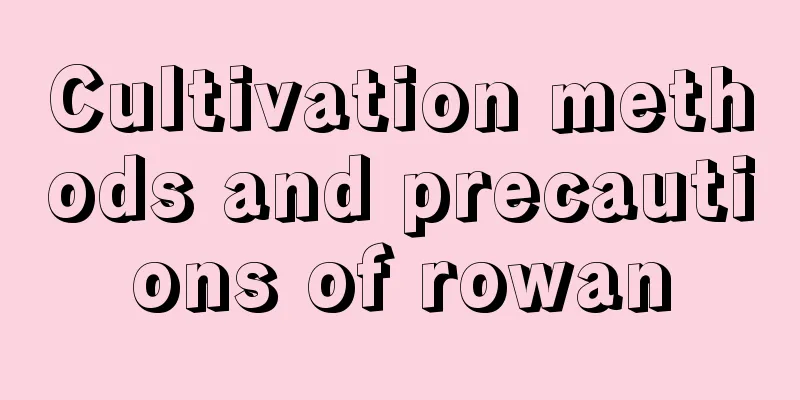Stem Rot of Lily of the Valley and Its Control

Stem rot of lily of the valleyWhen stem rot occurs in lily of the valley, it will harm the stems, leaves and inflorescences of the plant. In the early stages of the disease, there will be light yellow or light gray spots on the stems and leaves infected with stem rot, which will then gradually expand into dark brown and sunken spots. When the humidity is very high, the inflorescence will be damaged and rot. After rot spots appear at the base of leaves or stems, they may spread upward or downward, which often causes the plant to fall over. In the later stages of the disease, a gray mold layer and rat-feces-like substances will appear on the lesions. Stem rot is caused by a fungal infection, which can develop quickly when humidity is high and ventilation is poor. Cut flowers placed in a damp paper bag overnight are susceptible to stem rot. Control of Lily of the Valley Stem RotFirst of all, we must reduce the possibility of fungal infection and pay attention to ventilation. When stem rot occurs, we must deal with seriously diseased plants as soon as possible. It is best to burn them. Diseased plants must not be used for division reproduction. If lily of the valley is infected with stem rot, you can spray 1:1:100 Bordeaux mixture or 500 times diluted 65% Mancozeb wettable powder at the early stage of the disease. In order to prevent lily of the valley from contracting stem rot, we must also strengthen management. Do not plant lily of the valley in places or near places where peonies, peonies and other flowers and trees have been planted. Do not use scissors that have been used to cut diseased peonies or peonies to prune lily of the valley. Do not prune when the plant is wet. This can prevent lily of the valley from contracting stem rot. |
<<: Diseases and Pests of Ornithogalum and Their Control
Recommend
Flowering period and maintenance of white palm
1. Flowering period The white calla lilies grown ...
How to grow crabapple in autumn and how to take cuttings
1. Autumn breeding methods 1. Watering: The clima...
Is goldfish flower suitable for large or small pots?
Should I use a large or small pot for goldfish fl...
What is the flower language of forget-me-not
1. Flower Language Forget-me-not is known as the ...
How to breed cicadas?
Cicada is also called golden cicada , grasshopper...
What fertilizer should be applied to osmanthus trees?
Sweet osmanthus is one of the top ten famous flow...
How to fertilize osmanthus
Steps of fertilization First, choose fertilizer f...
How to care for camellia leaves so that they grow bigger
1. Suitable soil Suitable soil is the basis of gr...
How to deal with fresh wild chrysanthemum? Can it be directly soaked in water and drunk?
1. How to deal with fresh wild chrysanthemum Arra...
What is water hyacinth?
1. What is the plant? It is a floating herb with ...
Don’t pour out the “waste water” in the future, give some to the flowers to “drink”, and each pot will grow vigorously!
In life, we think that some useless "waste w...
How to grow and prune bougainvillea seedlings
1. Pot soil selection When planting and caring fo...
How to propagate the succulent raindrops? Leaf cuttings, stem cuttings, and root cuttings
Succulent raindrop propagation method When propag...
How to care for kumquat in winter
Is kumquat afraid of cold? The suitable temperatu...
How to propagate lucky bamboo in water
1. Leaf propagation After growing lucky bamboo in...









